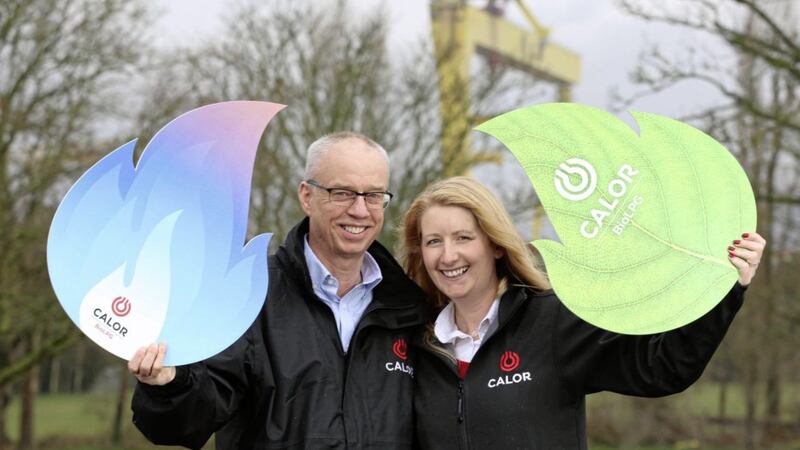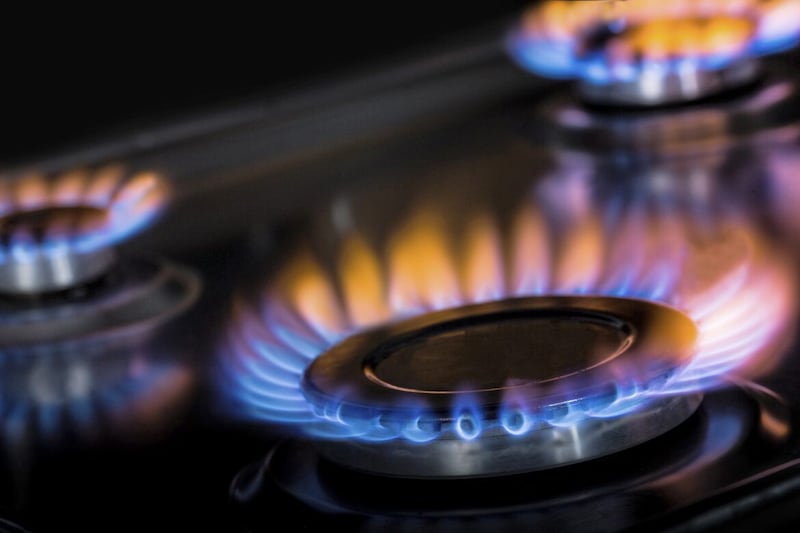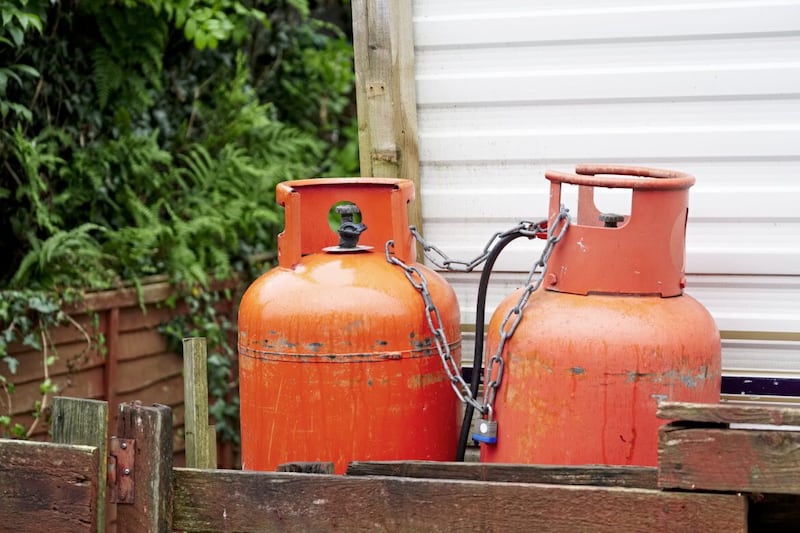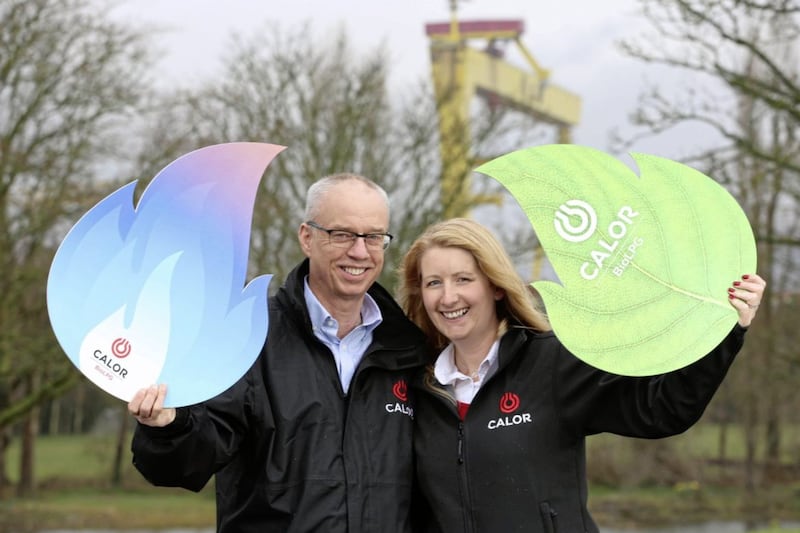CALOR Gas has made renewable Liquefied Petroleum Gas (LPG) available for homes and businesses in the north for the first time.
The new green energy - Calor BioLPG, which is certified as offering up to 90 per cent lower emissions than fossil fuels, will be available across Northern Ireland from this week.
Whereas traditional LPG is made as a by-product of coal and oil extraction, the new BioLPG or BioPropane is made from renewable feedstocks, recycled waste materials and sustainably sourced renewable vegetable oils, which would have otherwise been discarded.
It works in exactly the same way as conventional LPG products, enabling both domestic and business customers to make the switch immediately, using exactly the same boilers and equipment, vehicles such as forklifts and appliances such as cookers, heaters and driers.
Calor Gas is part of SHV Energy, which has an ongoing commitment to reduce carbon emissions and the ambition for 100 per cent of its energy products to be from renewable sources by 2040. In Northern Ireland it is aiming to switch 10 per cent of its sales to BioLPG in the next three years.
Calor CEO, Gino Vansteenhuyse said the first time, businesses and homes in Northern Ireland will be able to choose a renewable gas.
"This exciting new development will enable customers to dramatically improve their carbon footprint. They will be able to make a cleaner, more sustainable choice."
“The biggest environmental gain from the use of this very low carbon, clean fuel is when it replaces fossil fuels. Traditional LPG offers a CO2 reduction of up to 16 per cent when compared to oil products. A switch to BioLPG can cut this by as much as 90 per cent. By helping thousands of customers in Northern Ireland to make a small change, we can make a big change for the environment.”





